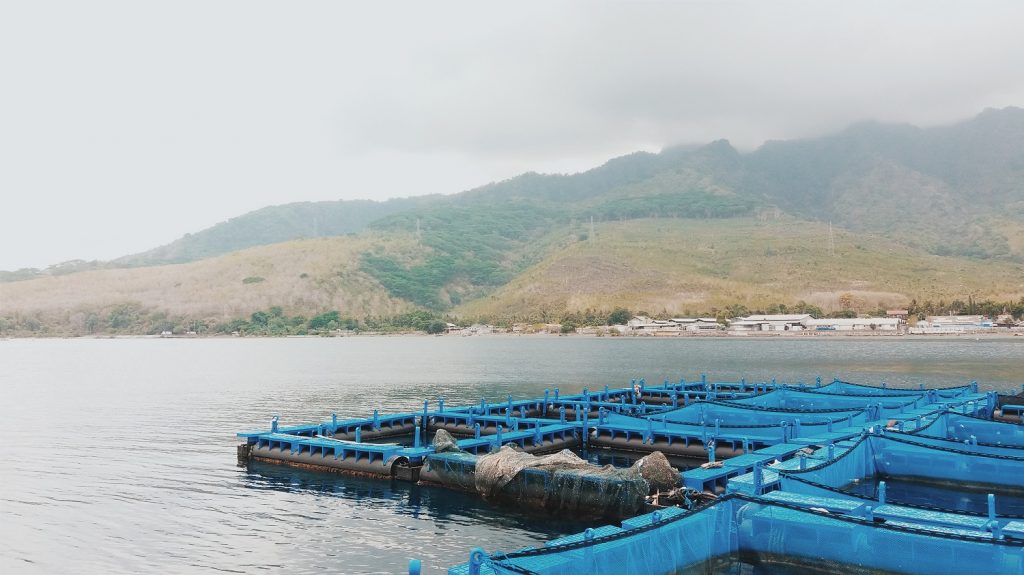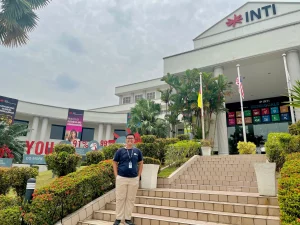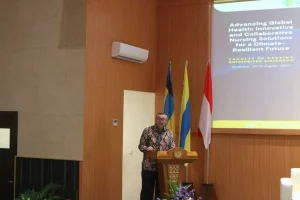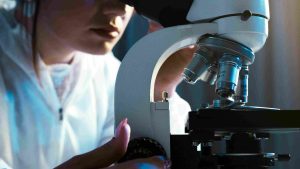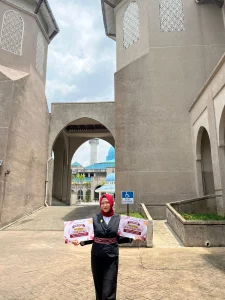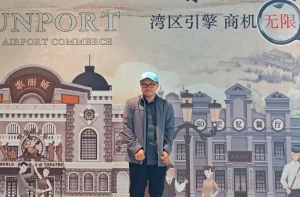UNAIR NEWS – Aquaculture is a prominent study program within the Faculty of Health, Medicine, and Natural Sciences (FIKKIA) at Universitas Airlangga (UNAIR). Located in Banyuwangi, Aquaculture leverages the potential of Banyuwangi’s waters for academic purposes. Furthermore, the program offers numerous advantages.
The Coordinator of the Aquaculture Undergraduate Program at FIKKIA, Darmawan Setia Budi SPi MSi, explained that aquaculture is recognized as the cultivation of aquatic organisms, which encompasses the multiplication or breeding of aquatic organisms.
“The Aquaculture study program focuses on the cultivation of fish or aquatic organisms. It encompasses two main aspects: breeding and grow-out, with the final product being fish biomass,” he said.
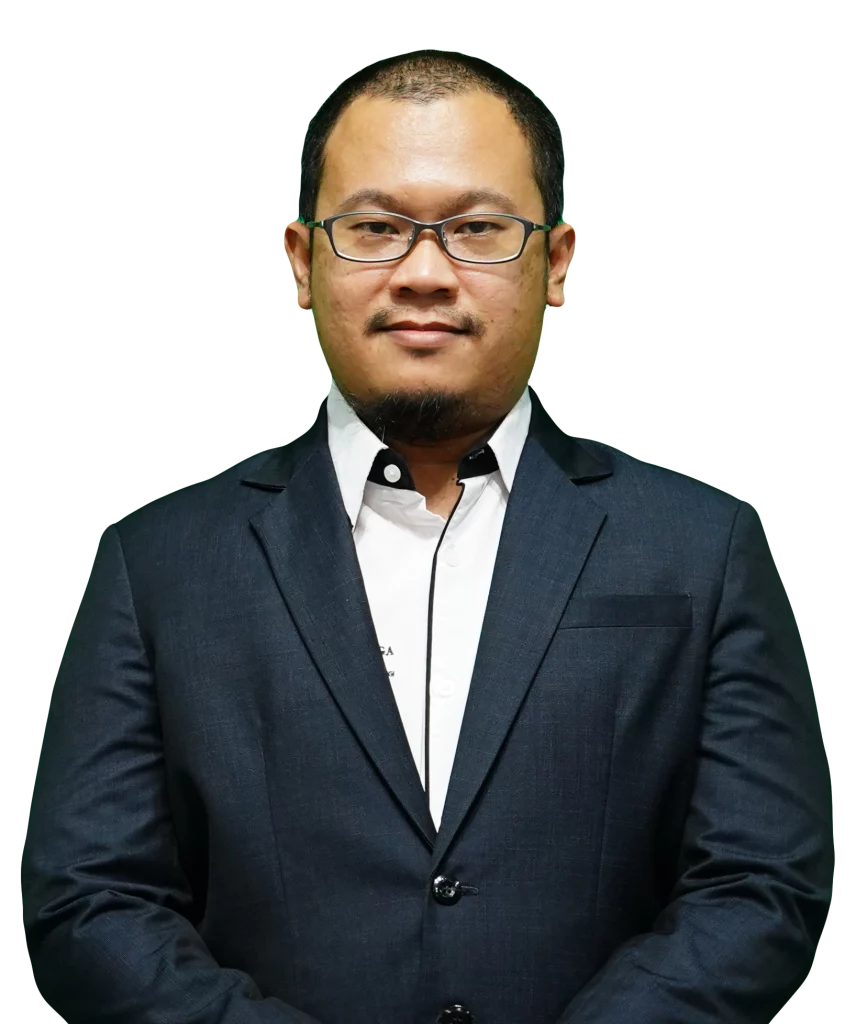
Different features
The quality of a study program is an essential consideration for prospective students when selecting a major. Therefore, Aquaculture at FIKKIA offers unique advantages compared to similar programs in other universities. One of them is the strategic location of water areas with abundant aquatic potential.
“FIKKIA UNAIR is close to the sea, surrounded by three national parks in Banyuwangi: Alas Purwo National Park, Meru Betiri National Park, and Baluran National Park. Across the island, you’ll also find the West Bali National Park,” he said.
Darmawan believes that the rich natural resources of Banyuwangi offer an excellent foundation for exploration and learning. This aligns seamlessly with the faculty’s vision and mission, which focuses on utilizing local resources effectively.
“So, we prioritize the local natural resources in Banyuwangi and make it go global,” said Darmawan.
Vast network across Indonesia
Another crucial aspect for prospective students is considering their career prospects after graduation. Many people are unfamiliar with and often wonder about the employment opportunities post-graduation.
In paving the way for future professionals, graduates of the Aquaculture program at FIKKIA have strategically dispersed, ensuring promising and diverse career prospects for those who follow.
“Some graduates have become government employees, with positions in the Ministry of Marine Affairs and Fisheries (KKP) in Jakarta, specifically in the Directorate of Seedlings. Others have taken on roles such as fish disease analysts in the provincial government of NTB, and emergency medical technicians in the East Java provincial government,” he said.
Many Aquaculture graduates have also forged successful careers in the private sector. “Our alumni are spread across Indonesia, in regions like Sumatra, Kalimantan, Bali, and particularly Java. In the private sector, many have joined multinational companies operating in the fisheries industry,” he said.
Financial Support for Studying Abroad
As a faculty with excellent accreditation, FIKKIA, particularly the Aquaculture program, offers numerous international opportunities for its students. The program provides financial assistance for those who wish to study abroad.
“Students can receive financial support directly from the faculty, which differs from government grants,” Darmawan revealed.
Auhtor: Syifa Rahmadina
Editor: Feri Fenoria
Also read:
Akuakultur FIKKIA UNAIR Kini Raih Akreditasi Unggul
Menyelami Kekayaan Perairan Indonesia Bersama Akuakultur SIKIA UNAIR


